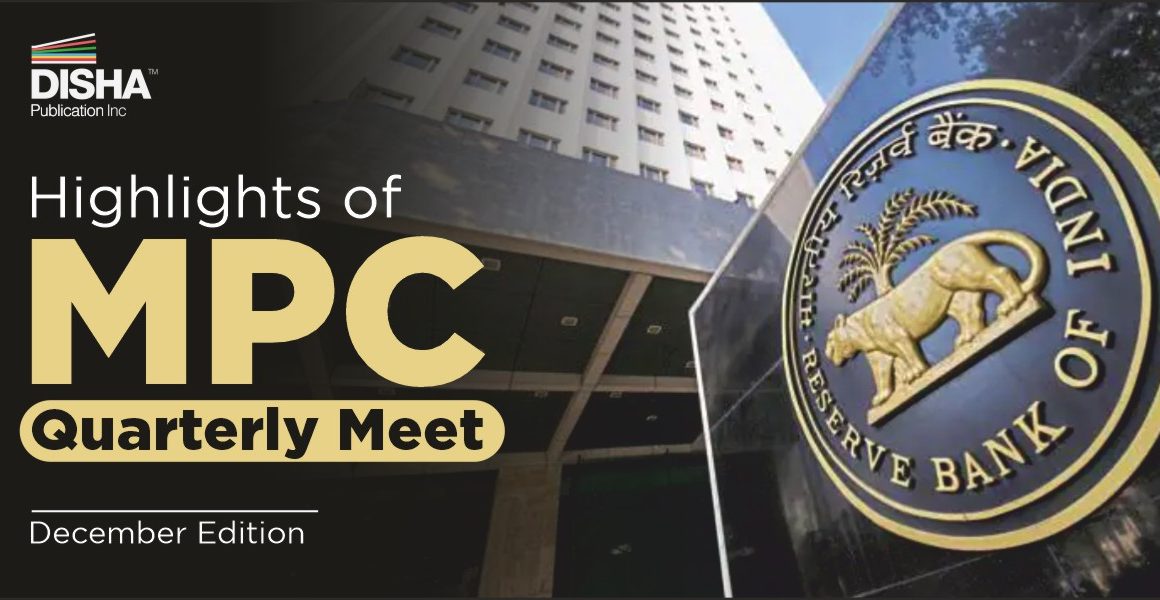
RBI Monetary Policy August 2020 (Updates)
The Monetary Policy Committee (MPC) of the Reserve Bank of India (RBI) on August 7 has decided to keep the repo rate unchanged amid the possibility of high inflation. The RBI Governor has also announced stimulus measures, which included additional liquidity of Rs 10,000 crore at repo rate to NABARD and NHB. Among other measures, The RBI has recognised and stressed the need for continued support to Micro, Small and Medium Enterprises (MSME). In an effort to mitigate the impact of COVID-19 on MSME borrowers, it has been decided that lending institutions may restructure the debt under the existing framework provided that the borrower’s account was classified as standard with the lender as on March 1, 2020.
The Reserve Bank of India (RBI)’s Monetary Policy Committee (MPC) has kept the repo rate unchanged at 4 %, amid rising inflationary pressure and a grim economic outlook.
RBI also allowed lenders to restructure corporate and MSME loans as well as raised the limit of loans that can be availed against gold ornaments and jewellery.
RBI has amended priority sector lending guidelines: Stressed MSMEs will be eligible for restructuring debt provided accounts are classified as ‘standard’ till March 1, 2020. The central bank will amend the priority sector lending guidelines to remove regional disparity. The loans to start-ups will get the priority sector lending tag.
Measures has been taken to ensure soundness of banking system: RBI has decided to provide a window under the June 7, 2019 framework of the RBI to enable lenders to implement resolution plan without change in ownership and in respect of personal loans, while classifying them as standard assets subject to certain conditions. A committee under Mr. KV Kamath will be set up to make recommendations to RBI for parameters to be factored into resolution plan.
RBI has introduced a mechanism of ‘Positive Pay’ for all cheques of value Rs 50,000 and above. This will cover approximately 20 % and 80 % of total cheques by volume and value, respectively.
RBI announced additional special liquidity facility for NABARD, National Housing Bank: The policy measures will be announced with the following objectives;
• to enhance liquidity support for financial markets; to further ease financial stress caused by Covid-19 disruptions;
• to improve the flow of credit;
• to deepen digital payments systems;
• to facilitate innovations.
Commercial papers of NBFCs have softened: Borrowing costs in the financial markets have dropped lowest in a decade due to abundant liquidity. NBFCs have access to funding at reasonable costs.
Creation of innovation hub: Areas such as cyber security, data analytics, delivery platforms, payments services, etc., remain at the forefront when we think of innovation in the financial sector.
Online dispute resolution for digital payments: RBI underscored that as the number of digital transactions rises significantly, there is a concomitant increase in the number of disputes and grievances.
Scheme of offline retail payments using cards and mobile devices: The RBI proposed to allow a pilot scheme for small value payments in off-line mode with built-in features for safeguarding the interest of users, liability protection, etc.



